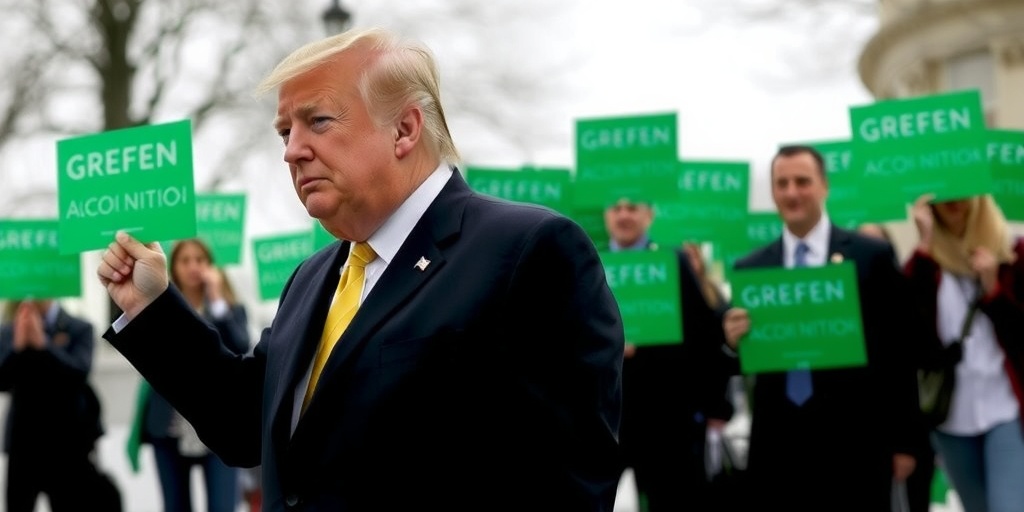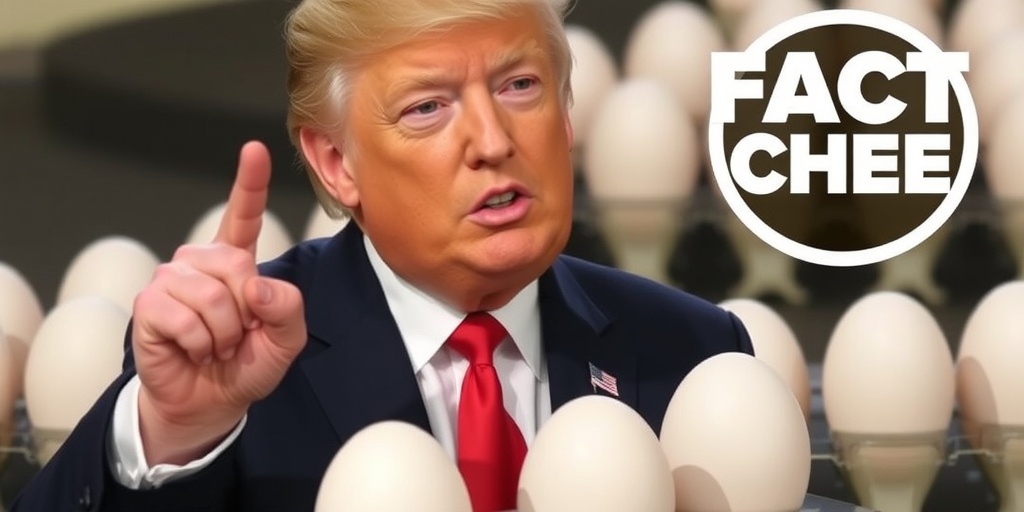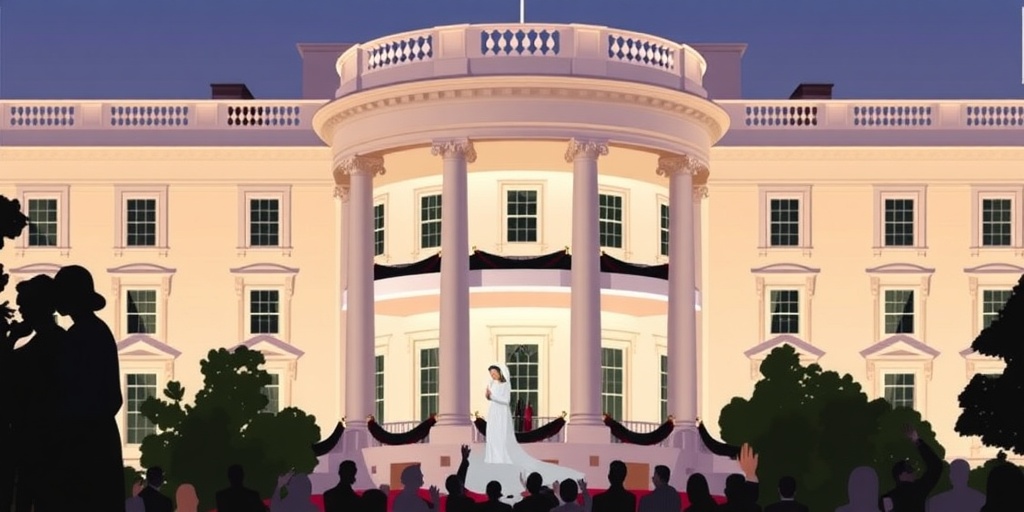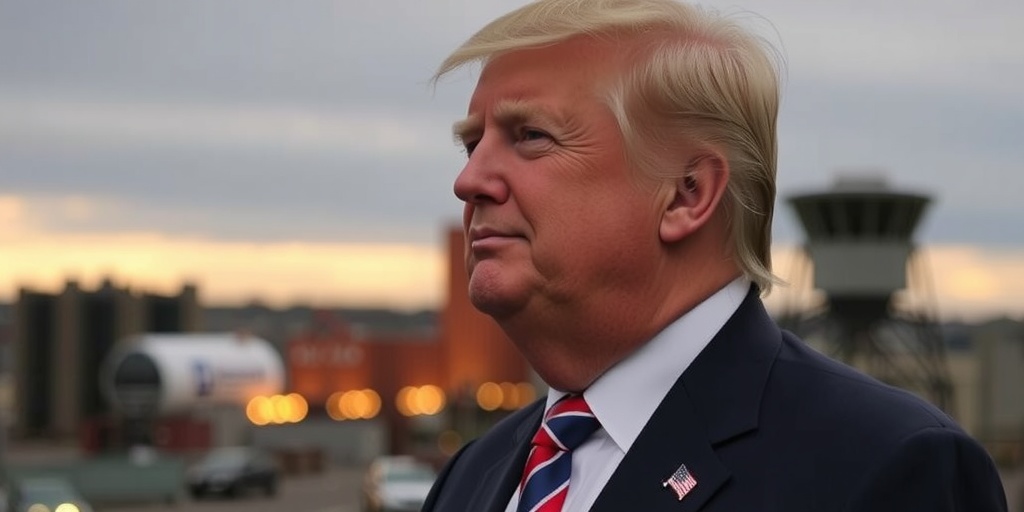Now Reading: Will Religion’s Supreme Court Winning Streak Persist?
-
01
Will Religion’s Supreme Court Winning Streak Persist?
Will Religion’s Supreme Court Winning Streak Persist?
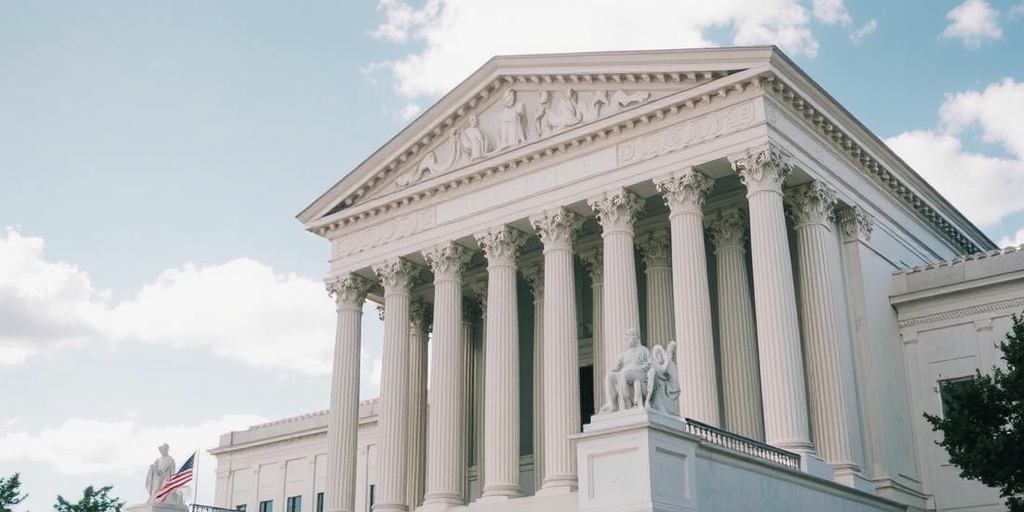
Supreme Court to Hear Crucial Religion Cases This Spring, Testing Boundaries of Religious Liberty
After nearly three years of silence on religion-related legal matters, the U.S. Supreme Court is set to take up three significant cases this spring, signaling a revival in its commitment to delineating the boundaries of religious liberty in American life. Historically led by Chief Justice John G. Roberts Jr., the court has sought to elevate the position of faith in the public sphere, and this upcoming session will undoubtedly reflect that ongoing mission.
The first of these cases, which will be argued this Monday, revolves around whether a Catholic charity in Wisconsin should be granted a tax exemption. Following this, in April, the court will examine the constitutionality of a Catholic charter school in Oklahoma and address a contentious issue in Maryland regarding parents’ rights to withdraw their children from classes that feature LGBTQ-content storybooks due to religious objections.
Together, these cases aim to assess the Supreme Court’s current assertive view on religious liberty, which has become a defining commitment over the past decade. Since 2012, the court has been consistent in siding with religious groups. In that span, pro-religion entities have triumphed in nearly all but one of the 16 signed decisions involving the First Amendment, which includes both the prohibition of governmental establishment of religion and the protection of free exercise.
“Religious liberty has been on a winning streak at the Supreme Court since 2012,” remarked Eric Rassbach, a lawyer from the Becket Fund for Religious Liberty, which is representing plaintiffs in two of the upcoming cases. “While it might not yet share the same status as freedom of speech, it is getting much closer.”
Justice Brett M. Kavanaugh has echoed this sentiment, describing recent religious liberty rulings as correct and important steps in acknowledging constitutional protections. During remarks at Catholic University’s Columbus School of Law, he expressed approval of the court’s recent thematic developments in religious cases.
Conversely, there are growing concerns regarding the implications of these cases. Justin Driver, a law professor at Yale University, warns that the upcoming decisions could dismantle foundational elements of American law. He believes the court has increasingly prioritized the free exercise of religion while sidelining concerns regarding government entanglement with faith. He posits that the two education-related cases could potentially reshape the American public school system as known for generations, a change that many conservatives might view as a positive evolution.
This trend has not gone unnoticed by critics. Rachel Laser, president of Americans United for Separation of Church and State, acknowledged the shift in legal protection from minority religious groups to primarily favor conservative Christian organizations. Recent court rulings have consistently allowed state programs to support private religious schools in regions such as Maine and Montana. Now, the court will examine whether tax dollars can similarly fund a religious charter school in Oklahoma—St. Isidore of Seville Catholic Virtual School—run by the Archdiocese of Oklahoma City. This case represents a pivotal moment, as it explores the potential for public schools to adopt religious identities and curricula.
In the second case, Mahmoud v. Taylor, argued later in April, the court will consider whether parents should have the right to exempt their children from discussions on LGBTQ-themed storybooks in public schools. The Montgomery County Public Schools recently discontinued letting parents opt-out, citing challenges in administering such requests and the potential for stigmatizing students who identify with the storybook characters. Parents who filed the lawsuit argue that this policy infringes upon their religious rights.
The third case, Catholic Charities Bureau v. Wisconsin Labor & Industry Review Commission, will probe whether Wisconsin’s refusal to grant a tax exemption to a Catholic charity should stand. The state argued that the charity’s activities did not primarily serve a religious purpose, thus disqualifying it from the exemption. A dissenting voice within the Wisconsin Supreme Court criticized this approach as an overreach into theological matters beyond judicial authority.
Historically, the Supreme Court has been favorable towards religious claims. A recent study indicated that the Roberts court has ruled in favor of religious groups more than 86 percent of the time, significantly higher than historical averages. Should the court favor religious claims in all three pending cases, as appears probable, this rate could climb to 88 percent.
As the arguments unfold, it remains to be seen how the court’s decisions will impact the broader landscape of religious liberties and public education in America. With such high stakes, the upcoming spring session promises to be a critical period for establishing the future role of religion in public life. The outcomes could echo through legal and educational avenues for years to come, making this a pivotal moment for the intersection of faith and public policy in the United States.
Stay Informed With the Latest & Most Important News
Previous Post
Next Post
-
 01New technology breakthrough has everyone talking right now
01New technology breakthrough has everyone talking right now -
 02Unbelievable life hack everyone needs to try today
02Unbelievable life hack everyone needs to try today -
 03Fascinating discovery found buried deep beneath the ocean
03Fascinating discovery found buried deep beneath the ocean -
 04Man invents genius device that solves everyday problems
04Man invents genius device that solves everyday problems -
 05Shocking discovery that changes what we know forever
05Shocking discovery that changes what we know forever -
 06Internet goes wild over celebrity’s unexpected fashion choice
06Internet goes wild over celebrity’s unexpected fashion choice -
 07Rare animal sighting stuns scientists and wildlife lovers
07Rare animal sighting stuns scientists and wildlife lovers













